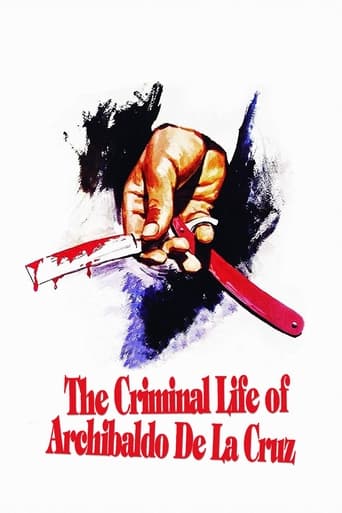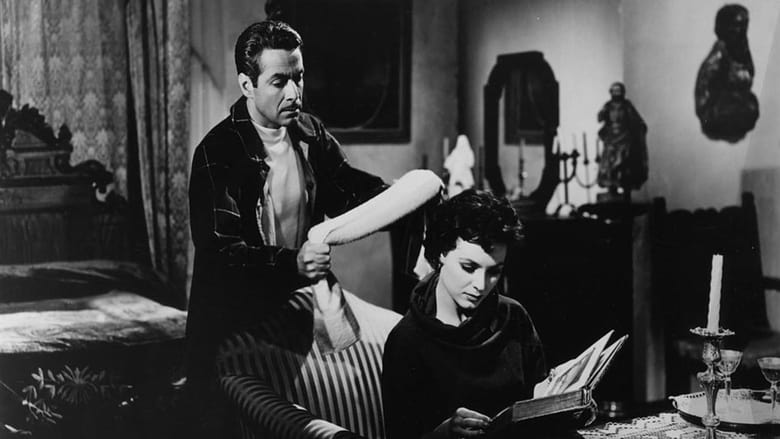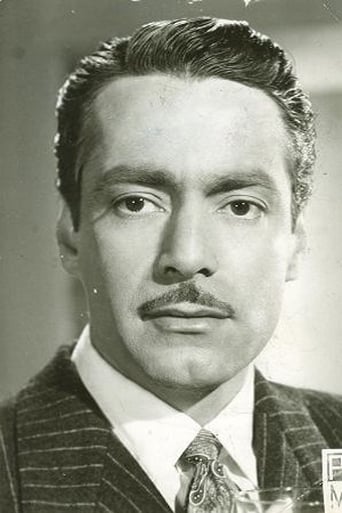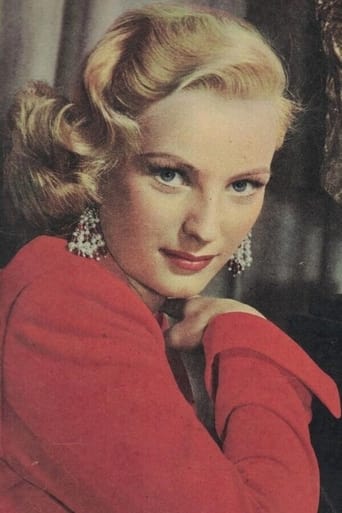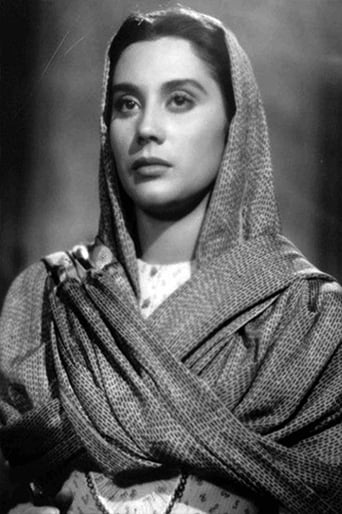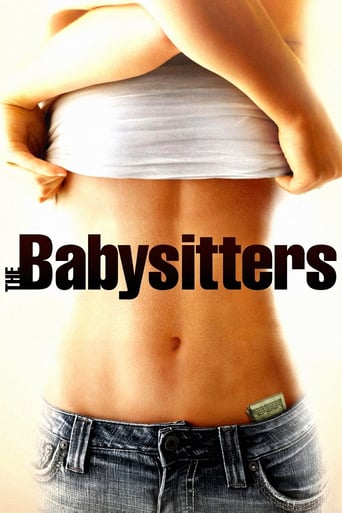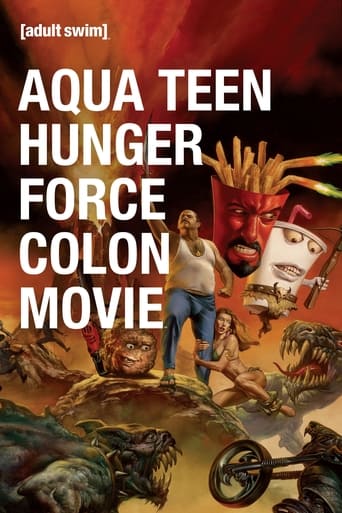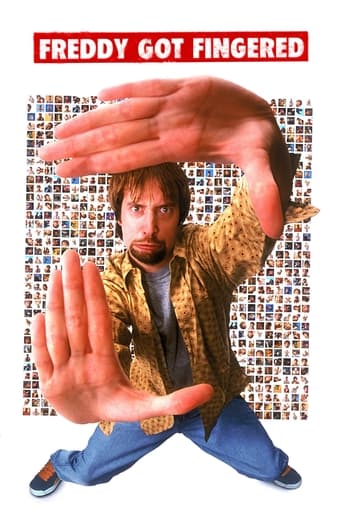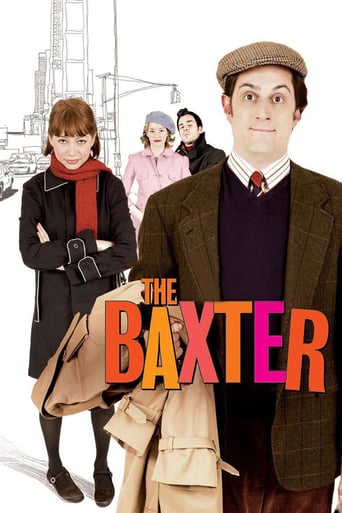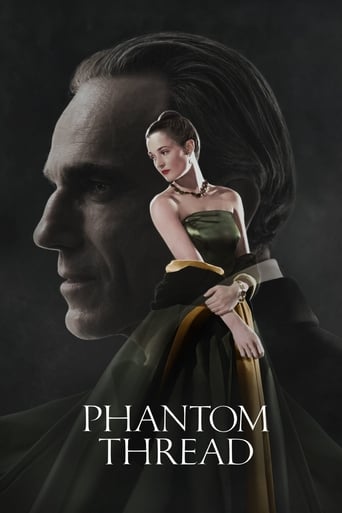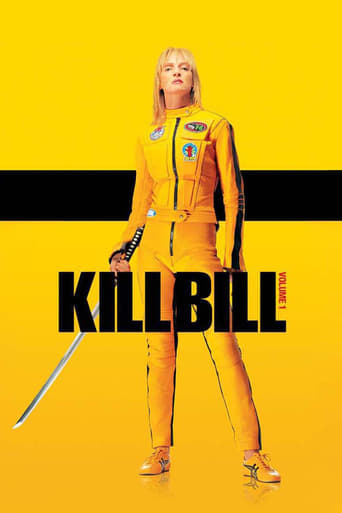The Criminal Life of Archibaldo de la Cruz (1955)
A bizarre black comedy about a man whose overwhelming ambition in life is to be a renowned serial killer of women, and will stop at nothing to achieve it - but not everything goes according to plan...
Watch Trailer
Free Trial Channels
Cast


Similar titles
Reviews
Am I Missing Something?
a film so unique, intoxicating and bizarre that it not only demands another viewing, but is also forgivable as a satirical comedy where the jokes eventually take the back seat.
At first rather annoying in its heavy emphasis on reenactments, this movie ultimately proves fascinating, simply because the complicated, highly dramatic tale it tells still almost defies belief.
Exactly the movie you think it is, but not the movie you want it to be.
The most ironic thing about this early Bunuel film is the English title: Archibaldo does not commit a single crime in the entire course of the film! Actually, much like his murderous plans, the film plays better in one's mind than in reality; the opening is intriguing and there are successful isolated moments, but on the whole this black comedy is talky, meandering and belabored. It lacks a certain craziness, a certain spark - a spark like what the lively Rita Macedo provides in her scenes. The ending is almost jarringly happy - Bunuel must have been in an especially good mood when he was making this one. **1/2 out of 4.
Perhaps my favorite of Buñuel's Mexican years. As a child, Archibaldo de la Cruz willed the death of his young, sexy nanny through the device of a magical music box. As an adult, he finds this box at a pawn shop, and it awakens the exciting feelings he had as he stood over the corpse of his nanny checking out her exposed thigh. He decides to become a serial killer, but it never quite works out that way. Every person he sets out to kill ends up being murdered by another's hand. Actually, I shouldn't say "person," as Archibaldo's violent emotions only arise towards women. There is some heavy Catholic symbology to the picture, and the violence towards women obviously arises from the twisted mores of Catholicism. His first intended victim as an adult, for example, is a brazen tramp who openly expresses her wish to seduce him to get back at her husband. Buñuel had perhaps the most impeccable sense for creating finales, and the one here is as odd and remarkable as any other. Watch the two actions Archibaldo performs with his cane. I'm not 100% sure what they signify, but I know that must be of the utmost importance. Ensayo de un crimen should be watched back to back with Buñuel's 1953 film, Él, also about a man being driven insane over his wife because of his strict religious beliefs. 10/10.
You can go through Ensayo de un crimen looking for symbolism and satirical details about bourgeois life. Ok but the movie itself is not really gripping.Worst of all the narration is poorly handled. The smooth Buñuel style only works when the script is witty enough to keep you brisk with every single line and every single move. Example: El Angel exterminador (1962) keeps you awake, caring for a dozen characters and not having time to think it over.The criminal life of Archibald de la Cruz can be divided in three parts depicting three criminal cases told by Archibald himself. The way they are interlaced does not help to keep a strong interest in the 'hero'. Everything is quite monotonous. It's Archibald's life ? Then why tell his life? Mixing scarce manic criminal attitudes with the life of a dull dandy does not make a tasty cocktail. Él (1952) had already the same narrative weakness but there were two main characters. Here nothing really goes on the side of fantasy and the settings are not great.Personally I made do with the ideas/images Hitchcock might have taken from this fellow jesuit-ed schoolboy.
(Spoilers) Misogynistic, yet emasculating serio-comedy from the great Buñuel. I have just seen this one for the second time, and enjoyed it even more than before. Although it has misogynistic implications (actually rather more explicit than implicit), the fact that Archibaldo (perfectly played by Ernesto Alonso)never does succeed in carrying out his daydreams of harm to the various women in his life, this fact emasculates his character. The women are not victorious, however, for for every Archie and his failed attempts, the ladies all suffer at the hands of the other men in their lives. Therefore, the misogyny prevails.I was a bit offended by this film the first time around (when I saw it about 3 years ago), but having seen more of Buñuel's work and more films, both foreign and domestic (US)) of its ilk since, I decided to give it another chance, and am glad that I did. The movie's ironic nature saves it from being too cruel to enjoy. That and the fact that, after the talk with the doctor, Archibaldo seems to reform at the film's end, drowning (in effect burying or suppressing) the music box (the symbol of his deranged desires, and the object to which he attributes dominance, power and virility), throwing away his cane (another crutch), and walking off with Lavinia, who seemed to make him happiest during the film (as opposed to the other women).The characters of Particia and Carlota (and Lavinia, to a slightly lesser extent) are seen as shrewish and scheming they certainly all have their own agendas and never come across as wholly innocent which lends feelings of sympathy towards Archibaldo (who is being used by all of them).Themes of Catholicism pervade the film, although not in a heavy-handed way. The symbolism, typical of Buñuel, was strong and put to good use, i.e.: the mannequin (represents Lavinia), the music box (see above), the straight razor (a phallic symbol and violence), the cane (a `crutch'), the pottery wheel (goes around and around and no way out, representing Archie's situation), the flaming drink (foreshadows his fantasy for Lavinia), her tour guide/interpreters job (language barrier miscommunication/repression of the true feelings of the characters).It is interesting to note that Alejandro, the married man with whom Carlota is having an affair, is often addressed as `Architect' instead of by his name. An architect creates and builds, whereas his character destroys another great touch in a movie full of them.Some thoughts: 1) How long will Archie's reformation last if it is genuine at all? 2) I felt sorry for Archie for not being able to actually carry out one of his dastardly fantasies instead, in each case, he was `saved' by circumstance. This was surely the filmmakers' intent. Well, it worked! 3) Archie is guilty, in his mind, of actually committing the crimes hence his `confession' to the doctor. This is why he throws the music box (he thought it was partially responsible) in the pond. Good character development/insight into his psyche. 4) I think the writer(s) and director did a an excellent job of conveying to us Archie's early life at home with his mother (who didn't seem to care about him), the hated Nanny (whose death started the chain of events), and the (absent) father. In including this glimpse of his early life, we gain a better understanding of Archie's character (his up-bringing plus this event) and can perhaps conclude that these may be contributing factors to why he did what he did/why he was who he was.RECOMMENDED!

